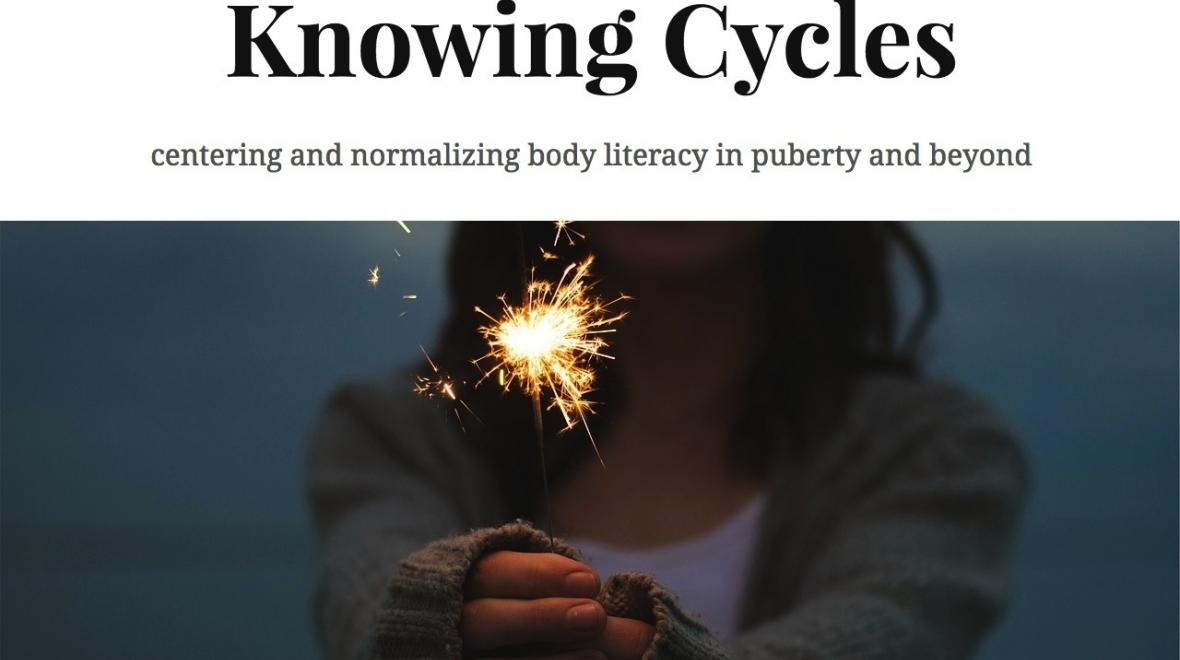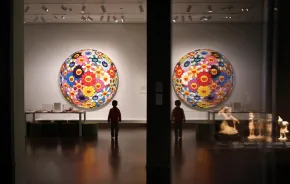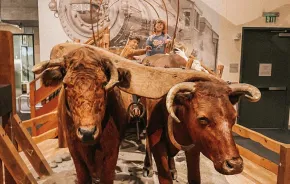
“Children are born, and what are some of the milestones? Teeth, talking, walking, a lot of those things start happening around age 1. There are so many books, parenting courses, and advice on how to support children’s natural unfolding, the biological plan for how their bodies and their minds are working together to teach a mastery of skills. All these things are empowering them: as the different developmental steps unfold, our task is to support them.
But how about when puberty kicks in? What’s the cultural message? How do we empower our children?”
– Katharine Krueger, Journey of Young Women
Young people can start their periods as soon as age 8, or up to age 18. As you work to prepare to support your child through the physical and emotional changes that come with menstruating, this wide range presents particular challenges.
This workshop is offered for parents of children who are approaching or are experiencing that stage of change: anywhere from age 6 to age 18.
It will introduce Knowing Cycles’s three stages of body literacy, including the year leading up to menses:
- Menstrual cycle phases, symptoms, moods, and hormones
- Emotional skills for riding the hormones (for parents and teens!)
- The meaning of the arrival or anticipated arrival of sex hormones
Whether your child has started their period or you are looking to prepare yourself for the forthcoming changes, this class will support your with information, community, and tools. It’s never too early to prepare to support your child’s development.
Do you know:
– the three stages of the menstrual cycle, and how they relate to each other?
– that underwear stains are cervical fluid, and what it can tell us?
– what a basal body temperature spike reflects about the cycle?
– the “true” definition of period, and that not every monthly bleed is true “period?”
– the general happenings of typical menstrual cycles in the first few years?
– the hormones involved in the menstrual cycle and in puberty, and their roles and effects?
– when to offer these specific tools and knowledge to your teen, and why you might want to?
– that the term “vagina” refers only the internal female genitalia, and the names for the external parts?
– how to support your teen through complex, hormone-swinging feelings?
– what your own questions and potential triggers are surrounding your own sense of body literacy and menstruation?
– if there is anything your teenager might ask that you wouldn’t be comfortable answering, and what you’d like to do about that?
This class will cover these things, and more! Many parents also find that this knowledge enhances their relationship with their own bodies and increases their sense of body literacy. That experience connects to a sense of empowerment and more informed decision making about health and self care.






